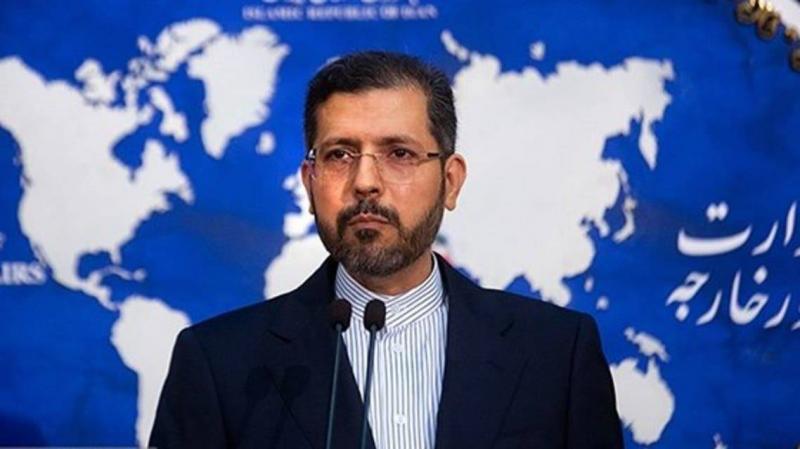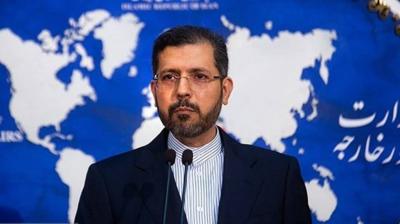Under the title "After the U.S. Denial, Iran Insists: We Agreed on Prisoner Exchange," the Arab News website reported that after the U.S. State Department confirmed on Saturday night that no agreement had been reached regarding a prisoner exchange deal with Iran, emphasizing that recent statements by Iranian officials about detained Americans were solely intended to bolster hope among their families, the Iranian Foreign Ministry called the U.S. denial "shameful." It affirmed that the agreement discussed in Vienna is not related to the nuclear agreement.
Iranian Foreign Ministry spokesman Saeed Khatibzadeh tweeted on Sunday that there is an agreement between Iran, Britain, and the U.S. to release and exchange 10 prisoners, and that this agreement is not tied to negotiations or the nuclear deal. He added that this exchange was agreed upon in Vienna, as part of a deal separate from the Joint Comprehensive Plan of Action (JCPOA), clarifying that the discussions entail the release of 10 prisoners. He announced his country’s readiness to implement what was agreed upon, according to his statements.
It is noteworthy that Iranian Deputy Foreign Minister Abbas Araqchi stated on Twitter that it is possible to exchange 10 prisoners with the U.S. and Britain today, if the two countries fulfill their commitments. The Iranian official noted that the U.S. and Britain should stop linking prisoner exchange talks with the nuclear agreement.
**Anticipation Surrounding Vienna Negotiations**
This came at a time of anticipation regarding the future of the Vienna negotiations, which began in early April in an effort to revive the nuclear agreement through mutual concessions between Tehran and Washington. Araqchi had called on the major powers to postpone the Vienna talks until the new Iranian administration under President Ebrahim Raisi took office. He added that his country is in a transitional phase after the elections, and the transfer of power should be awaited, indicating that it is possible to exchange 10 prisoners with the U.S. and Britain, if the countries fulfill their commitments, according to his remarks.
**Committee of Seven People**
It is worth mentioning that reports earlier in July indicated that Raisi had appointed two new members of his anticipated government team to the special committee reviewing the implementation of the final text of the potential agreement between Iran and the 4+1 group on the nuclear file, thereby increasing the committee's membership to seven people. Sources revealed that the new president believes that solving most of the country's problems requires reaching an understanding regarding the nuclear agreement signed in 2015, while the hardline faction supporting Raisi pressures him to move towards opposing the agreement and withdrawing from it.




